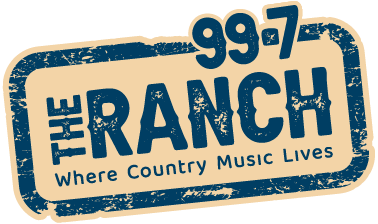The Bonnyville RCMP Detachment would like the public to be aware of the following Fraud Scams that have been prevalent in the area.
Vacation Scams: Cold Call advertising is used in these types of scams where the caller advises the potential victim that they are a preferred customer and have been awarded a trip if they book immediately and pay for the associated fees and taxes. These type of scams may mention real travel company names however are not affiliated with the companies themselves. Often the legitimate companies have warnings on their websites advising that are not offering these deals that really are too good to be true. You should be able to review offers and contact the company back at your choosing instead of being subjected to high pressure sales tactics.
Mystery Shopper Job Scams: These type of scams are often advertised on legitimate websites like Kijiji, Workopolis and Craig’s List soliciting students to becoming a Mystery Shopper. After the ad is responded to, the “employer” will send a letter with shopping tasks to be completed. A cheque is enclosed with the letter with instructions for the “employee” to use a portion of the cheque to pay for work purchasing goods to complete the shopping tasks where the rest of the money is requested to be returned to the company through a wire transfer money service in order to test the company’s procedure and customer service skills. The cheque is later returned by the bank as counterfeit to the “employee” who is accountable to pay for the funds that were wired. Legitimate employers will never send funds and then request a portion of it back.
The Emergency Scam: Scammers will use the internet, newspapers and social media to target senior victims. A senior will receive a call from a person claiming to be a family member or a close friend advising that they are in a desperate situation that requires immediate funds such as: the family member was arrested and needs bail money or they were injured while traveling abroad and require money for medical treatment. The potential victim is instructed to send money via services like Western Union or MoneyGram. If you receive one of these calls, contact your family members or the police to help you determine the validity of the request, even if the caller advises you that they don’t want other people involved.
Service Scams: A scammer will call and pretend to represent a well known company, such as Microsoft, and advise that the potential victim’s computer is sending out a signal that it has a virus and needs to be cleaned. The scammer advises they will remotely access your computer to fix it and request payment for doing so resulting in the potential victim’s computer being hacked and the potential victim paying for a service that was never needed as the computer was not infected. Microsoft has advised the public that they do not contact customer’s directly. If a large company contacts you soliciting information from you or payment, you have the right to get off the phone and contact the company yourself using their publicly published phone number to enquire about the initial phone call.
How to protect yourself: Do your research! Contact the apparent “company” or “person” who is contacting you and soliciting money from you directly and see if they are the same person/ company who contacted you. Remember, if it sounds to good to be true, it is!
And check with the Canadian Anti- Fraud Centre who can be contacted at 1-888-495-8501 or online at www.antifraudcentre.ca. You can also follow them on Twitter: @canantifraud or like them on Facebook : Canadian Anti Fraud Centre. Please contact the Canadian Anti- Fraud Centre if you think you or someone you know has been a victim of fraud.

